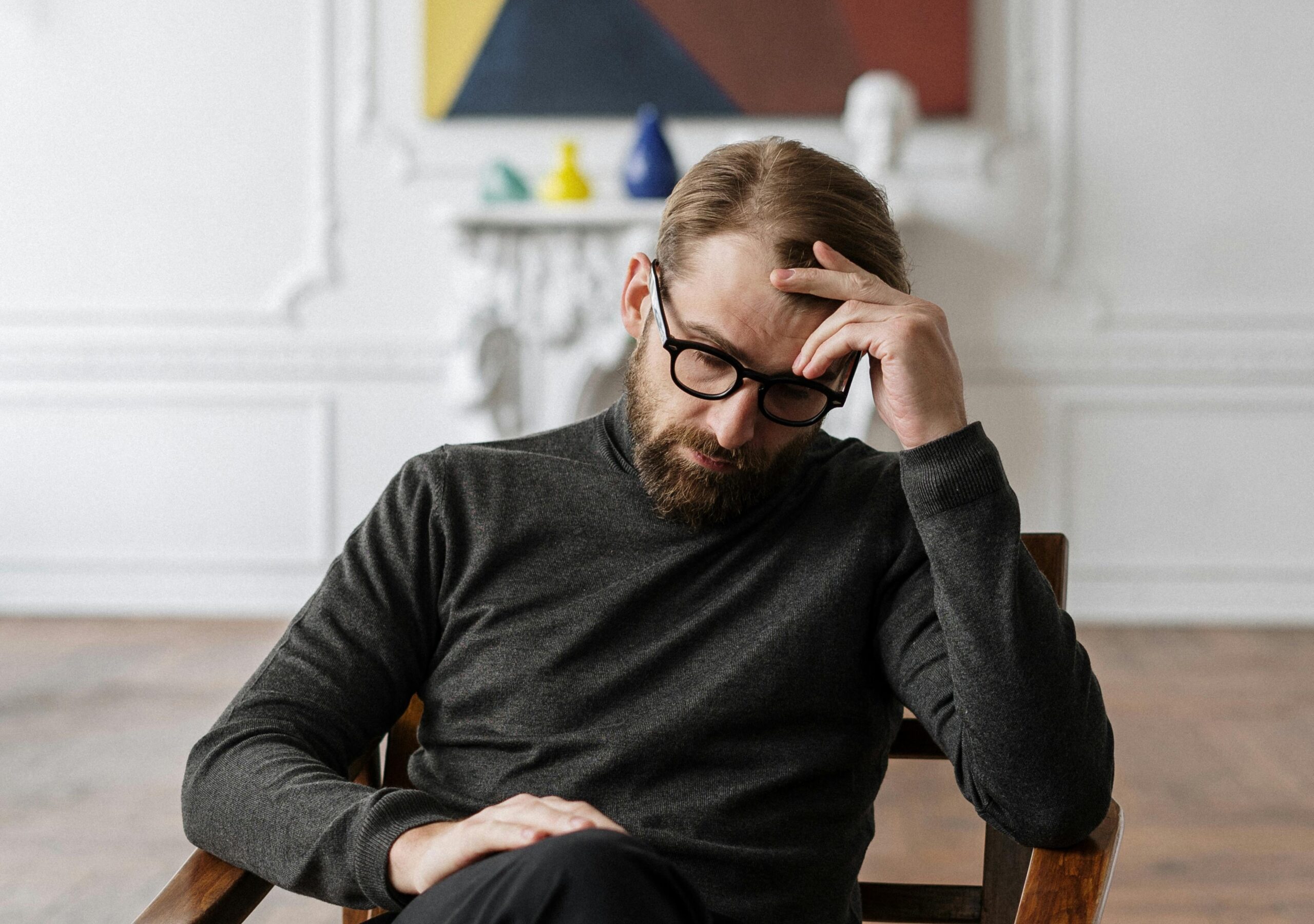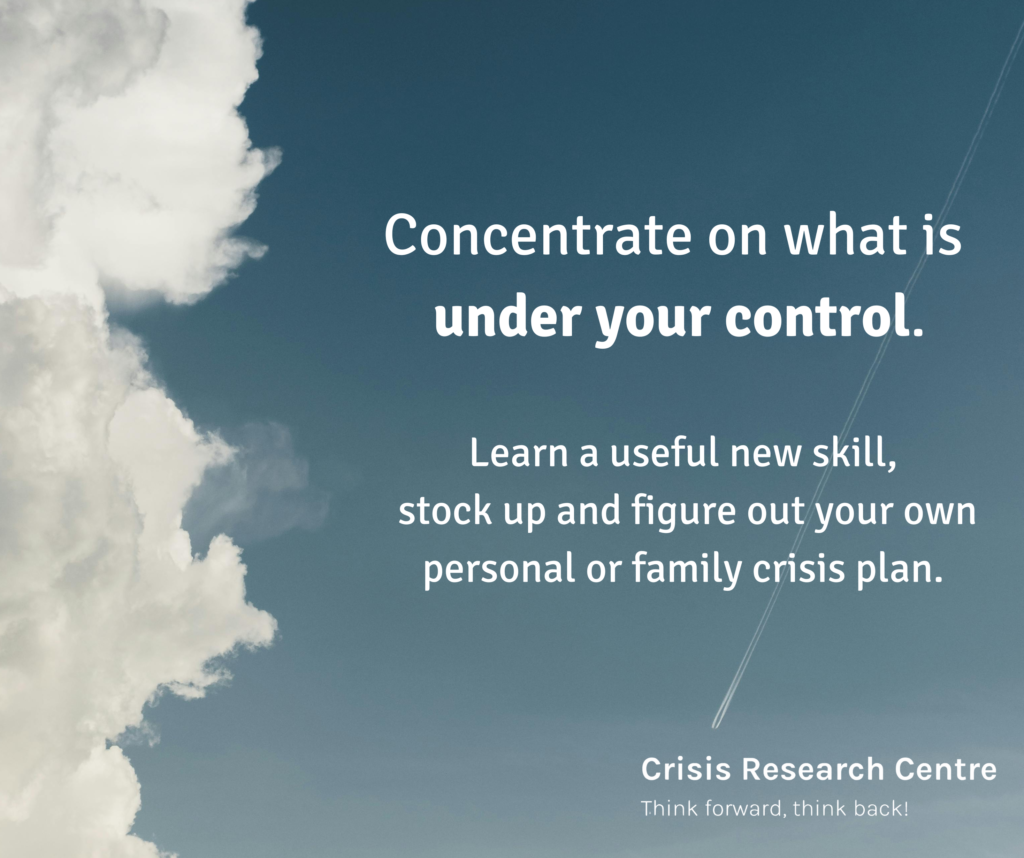
How can you maintain your mental health in the face of constant bad news?
In recent years, the world has been in constant turmoil, with conflicts, economic crises, natural disasters, and health threats dominating the daily news. All of these factors have an impact on our mental health, causing anxiety and uncertainty. How can we overcome this?
Looking at your smartphone every morning and being hit by yet another wave of negative events can make you feel hopeless and powerless. In reality, there are ways to maintain mental equilibrium while bracing for the unexpected. One of the most important steps is to read the news consciously. There is no need to constantly consume information and absorb every negative event that occurs in the world.
Setting aside specific times to watch the news promotes mental balance and reduces feelings of constant worry and anxiety. It’s also important to be sceptical of information sources; dramatic headlines based on clicks aren’t always the most accurate reflection of reality. Misinformation and panic on social media can only exacerbate the situation, so it’s important to focus on credible and balanced news sources.
In the midst of the bad news, it may appear that there is only bad news in the world, but there is a lot of good news that simply does not make the headlines. Recognising and sharing positive stories helps to balance our perspective and reminds us that there is still much good in the world. Community initiatives, scientific and technological advances, and small acts of human kindness that bring positive change to society all serve as sources of inspiration.

When anxiety and insecurity overwhelm you, taking conscious action can help. Crisis preparedness is more than just preparing for major disasters; it is also about building confidence in yourself and your family. Learning new skills, such as first aid, crisis self-care, or wilderness coping, can help you stay calm in unexpected situations. In addition to practical skills, a contingency plan is essential. You can prepare for real risks such as power outages, supply chain disruptions, and economic downturns. A well-thought-out plan for dealing with difficult situations reduces fear and uncertainty.
It’s also a good idea to keep a reasonable stock of essentials and practical foods on hand in case something unexpected happens. This does not imply panic storage or extreme survival training, but rather calm and balanced preparation that can bring peace of mind and reduce reliance on external factors. In addition to consuming informed news and practical preparation, it is critical to care for your own mental health.
Constant exposure to negative events drains people’s psyches, so it’s critical to find ways to unwind and recharge. Exercise, spending time in nature, and living a healthy lifestyle all help the body and mind deal with stress. It’s also important to stay in touch with loved ones; shared worry is half the battle, and support from caring people can provide the reassurance you need, even during the most difficult times.
It’s easy to feel powerless in the face of crisis, but the truth is that we can do a lot to improve our own peace of mind and preparedness. We can make the world less scary and life more manageable by balancing our news consumption, focussing on what we can control, and consciously caring for our own well-being. We can help our community and the world around us by being prepared and mentally balanced. Even in difficult times, you can maintain peace by focussing on what you can realistically control and looking for the good in everyday life.
Did you know that the Crisis Research Centre is helping to address these issues this year by providing mental health first aid training sessions to communities in Tallinn and Kohtla-Järve? The NGO Peaasjad, which has been specially ordered by the Crisis Research Centre, will deliver these trainings, assisting local residents in developing skills for dealing with stress and crisis situations, as well as providing support to their loved ones.
Jaga postitust:
